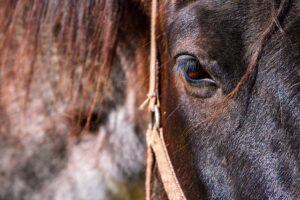 They say money talks.
They say money talks.
I guess if we could hear every word and sentence, chapter and verse it would rang from the kindest to the most deplorable discourse you could imagine.
Gambling money could tell a few stories.
As honest as the day is long – to sinister as hell.
However, for many gamblers half the problem is being able to bet without restriction. With the anti gambling brigade spouting ‘everyone is addicted and needs help’ to bookmakers ‘sorry, we are restricting or closing your account because you look like a winner’ it really is becoming a problem for those who able to bet responsibility, if given the chance.
The United Kingdom is so preoccupied when it comes to betting that it will, eventually, paint itself into a corner.
It really is quite astounding how alcohol is actually one of the biggest problems within society and no one, especially within government, says a word about the implications. I wonder why that is? Oh, yes, it’s worth so much money it goes beyond question. It’s the same with the stock market. A global entity which seemingly allows, without question, anyone ‘gambling’ vast sums of money. No restriction, concern or consequence.
It all looks like double standards to me.
I’ve been reading a few Professional Gambler books and I can only imagine most of their bets were placed on the betting exchanges as the likelihood of getting a couple of hundred with bookmakers nowadays is impossible. You may if you are a loser but no hope if they get a sniff of a winner.
So how can you place a decent bet without someone pushing or pulling you in one direction or another? A tug-of-war between the Nanny State and Bookmaker Restrictions.
First of all, don’t lose any money because even the betting restrictions may ask for proof of earnings.
If you want to lump on, betting on the exchanges is one of few options left.
Betting Exchanges:
If you can get the money into the account – it shouldn’t be a problem – you can bet as much money as the market can take. These days, the liquidity of markets is pretty weak compared to the old days unless you are betting at major race festivals such as Royal Ascot or Cheltenham. However, it’s the place to bet if you don’t want to be questioned or restricted.
On-Course Bookmakers:
With the exchanges taking advantage of a near perfect market (which offers value) and the bookmakers apps giving mobile connectivity, the last place most gamblers looked to bet decent money was on course. That’s changing with all these anti-gambling proof-of-earnings credit checks. I can guarantee on-course bookmakers won’t be asking if you can afford to bet as it will be impossible to govern with these madcap affordability checks. If you want to lump on, go to the track and you won’t have any problems. As the late John McCririck used to say: ‘Go Racing!’
Never a truer word said.

 No, I’m not talking about those refreshing little sweets in a plastic container with a flip-top lid.
No, I’m not talking about those refreshing little sweets in a plastic container with a flip-top lid.